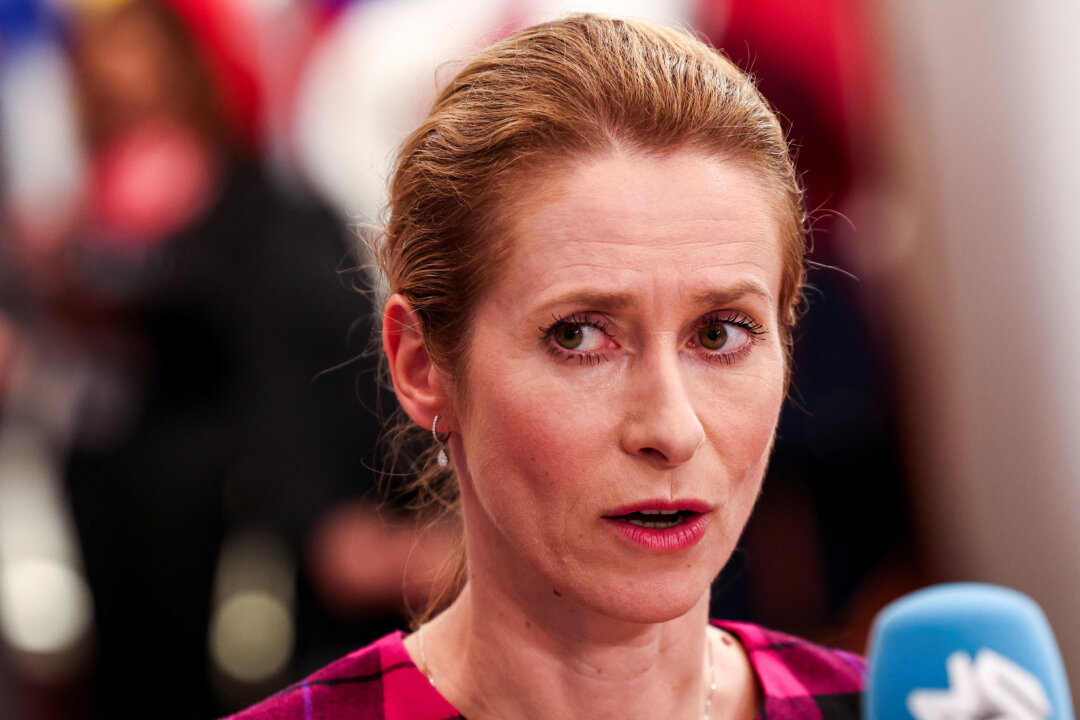The European Union is intensifying its diplomatic efforts to secure a new agreement with Israel aimed at increasing humanitarian aid to Gaza, a region grappling with escalating crises. Under the leadership
Did You Know
A day on Venus is longer than a year.
?
AD
of Kaja Kallas, the EU's foreign policy chief, member states are demanding clearer commitments and action from Israel regarding the new deal to deliver humanitarian aid. As the humanitarian situation worsens, discussions reflect the bloc's deepening concern over the plight of civilians amidst ongoing geopolitical tensions.
Recent comments from EU officials and reports from Egypt have highlighted an alarming stagnation in aid deliveries under the existing agreement, casting doubts on the efficacy of prior commitments. While Kallas noted some signs of progress, many officials express frustration as the reality on the ground remains insufficient, underscoring the urgency for tangible results. The EU’s foreign ministers are meeting to strategize next steps, revealing a collective determination to revitalize efforts aimed at alleviating suffering in Gaza while navigating other pressing international issues, such as Iran's nuclear program and new sanctions on Russia.
The stakes are high, and the EU is not ruling out potential measures against Israel should humanitarian conditions fail to improve significantly. This crossroad of diplomacy emphasizes the complexity of international relations and the urgent need for cooperative frameworks that prioritize human rights. As discussions continue, the world watches closely, hoping for a resolution that delivers much-needed relief to Gaza and fosters lasting peace in a region full of turmoil.
Q&A (Auto-generated by AI)
What are the main points of the Gaza aid deal?
The Gaza aid deal involves the European Union collaborating with Israel to enhance the delivery of humanitarian aid to the region. Key points include increasing the volume of aid, ensuring timely distribution, and addressing the urgent needs of Gaza's population, which has faced significant hardships due to ongoing conflicts. The deal aims to bolster food security and provide essential services, with EU foreign policy chief Kaja Kallas highlighting the need for transparency and effective implementation from Israel.
How has EU-Israel relations evolved over time?
EU-Israel relations have evolved significantly since the establishment of diplomatic ties in the 1970s. Initially focused on trade and security, the relationship has faced challenges due to Israel's policies towards Palestinians and conflicts in the region. Recent years have seen the EU advocating for humanitarian aid and political solutions to address the Palestinian issue, while Israel seeks to strengthen economic ties with the EU. The current aid deal reflects a pragmatic approach to address humanitarian needs amid ongoing tensions.
What humanitarian issues exist in Gaza currently?
Gaza faces severe humanitarian issues, including high unemployment, limited access to clean water, and inadequate healthcare services. The blockade imposed by Israel and Egypt has restricted the flow of goods and essential supplies, exacerbating living conditions. The population suffers from food insecurity, with many relying on aid for basic sustenance. Recent reports indicate that while there have been some improvements, the overall situation remains dire, necessitating international attention and support.
What sanctions has the EU imposed on Russia?
The EU has imposed multiple sanctions on Russia in response to its actions in Ukraine and other geopolitical conflicts. These sanctions include asset freezes, travel bans on key officials, and restrictions on trade, particularly in sectors like finance, energy, and defense. The EU's 18th sanctions package, currently under discussion, aims to further pressure Russia to comply with international norms and respect Ukraine's sovereignty. The sanctions reflect the EU's commitment to collective security and its stance against aggression.
How do EU member states influence foreign policy?
EU member states influence foreign policy through a system of consensus and collaboration. The European Council, composed of heads of state or government, plays a crucial role in setting the EU's foreign policy agenda. Each member state has a voice, and decisions often require unanimous agreement or qualified majority voting. National interests and bilateral relations can shape collective actions, as seen in discussions about sanctions and humanitarian aid, where individual countries may advocate for specific approaches.















